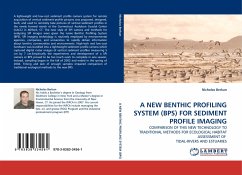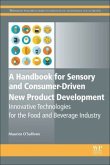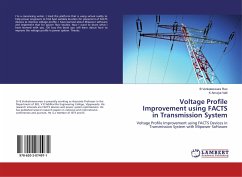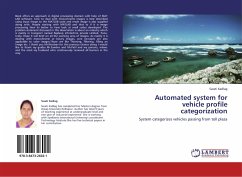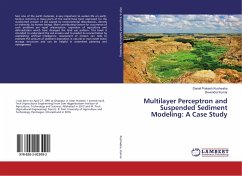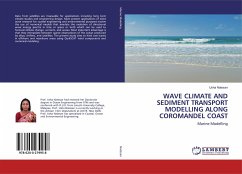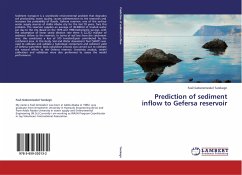A lightweight and low-cost sediment profile camera system for remote acquisition of vertical sediment-profile pictures was proposed, designed, built, and used to remotely take pictures of vertical sediment profiles in the newly formed marsh at the Connecticut Audubon Coastal Center (CACC) in Milford, CT. The new style of SPI camera and methods for analyzing SPI images were given the name Benthic Profiling System (BPS). SPI imaging technology is routinely employed by environmental agencies, companies, and universities to rapidly obtain information about benthic communities and environments. High-tech and low-cost hardware was bundled into a lightweight sediment-profile camera which captured digital raster images of vertical sediment profiles measuring 5 cm by 7 cm.Empirically the experiments and development of a SPI camera or BPS proved to be too much work to complete in one season. Instead, sampling began in the fall of 2003 and ended in the spring of 2004. Timing and lack of enough samples impaired comparison of traditional ecological methods to the new BPS.

